- this day in history
- Posts
- Discover July 10th!
Discover July 10th!
Monumental Discoveries, Historic Milestones, and Legendary Icons
July 10th — Monumental Discoveries, Historic Milestones, and Legendary Icons

July 10th is packed with groundbreaking events, from revolutionary scientific discoveries and historic milestones to the births of legendary figures. This date has left an indelible mark on history in so many ways. Let’s delve into the remarkable stories that make July 10th extraordinary!
Historic Events
On July 10, 1925, the famous Scopes Monkey Trial began in Dayton, Tennessee. John T. Scopes, a high school teacher, was charged with violating state law by teaching evolution. This trial sparked a national debate over science and religion, ultimately highlighting the tension between modern and traditional views.
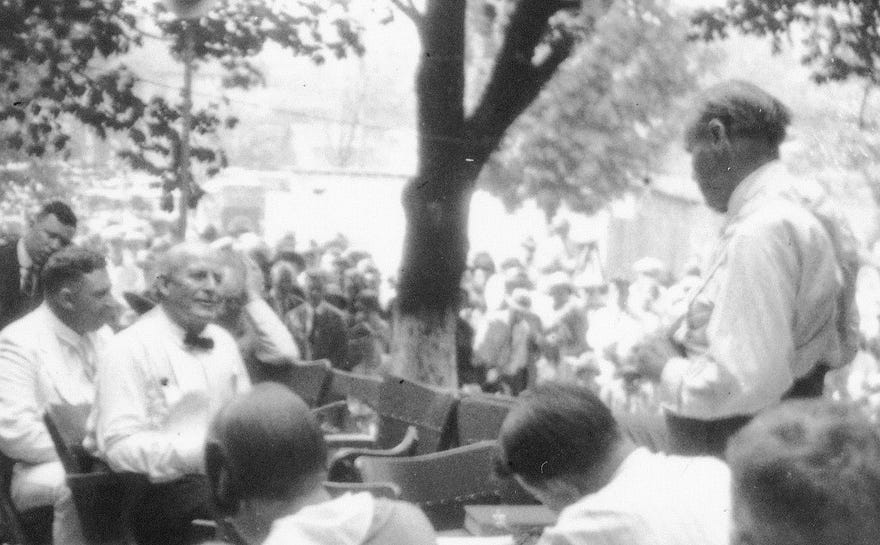
On the trial’s seventh day, proceedings were moved outdoors because of excessive heat. William Jennings Bryan (seated, left) is being questioned by Clarence Darrow.
On July 10, 1962, NASA launched Telstar, the first active communications satellite capable of relaying television broadcasts, telephone calls, and telegraph messages. This technological breakthrough revolutionized global communications and paved the way for the modern telecommunications industry. Telstar’s launch also marked the first live transatlantic television broadcast, changing the way the world connected and communicated.

Model of a Telstar satellite, on display at Conservatoire national des arts et métiers
On July 10, 988, the city of Dublin was officially founded. As Ireland’s capital and largest city, Dublin has grown into a significant cultural and economic hub, rich in history and heritage, playing a crucial role in the country’s development over the centuries. Dublin was originally founded as a Viking settlement, and its name derives from the Irish words “Dubh Linn,” meaning “black pool.”
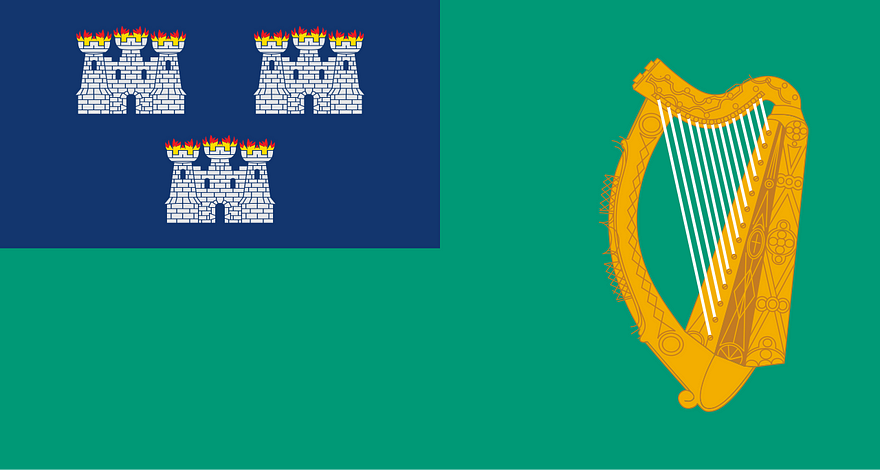
Flag of Dublin
On July 10, 1793, France adopted the metric system, which standardized measurements across the country and eventually the world. This system of measurement provided a universal standard, simplifying trade and scientific research.
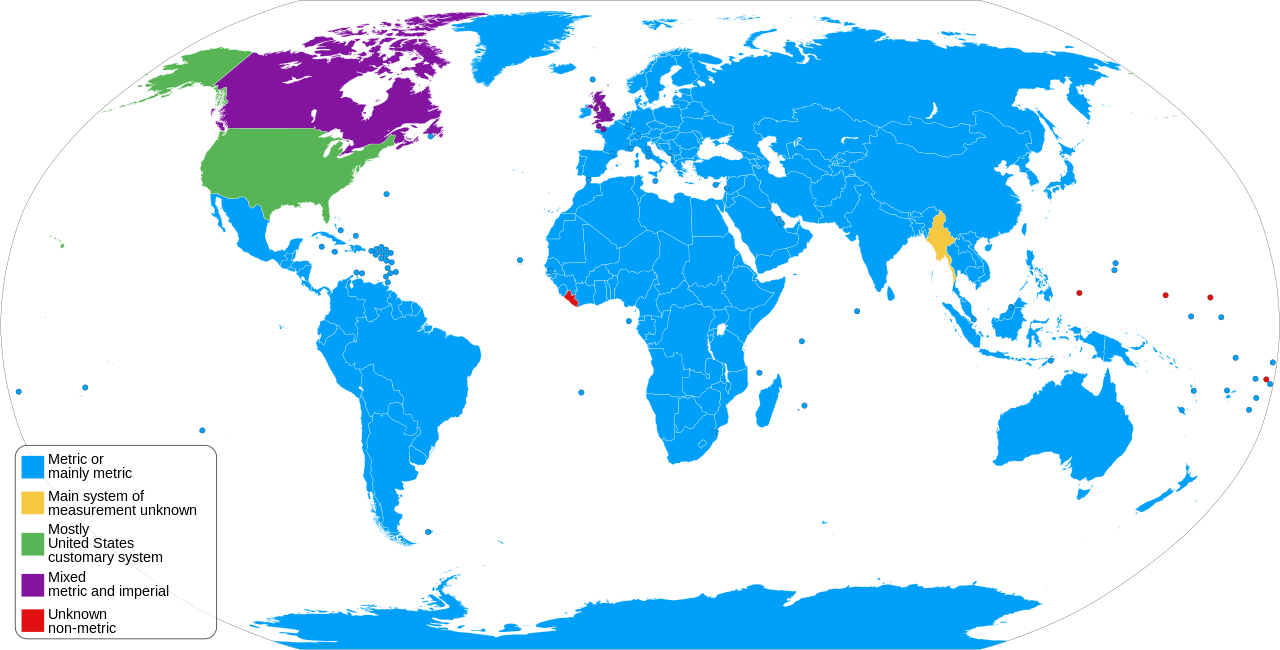
Units in everyday use by country as of 2019
On July 10, 1991, Boris Yeltsin was sworn in as the first elected President of the Russian Federation. His presidency marked a significant shift from Soviet rule to a new era of Russian politics, economic reform, and international relations.
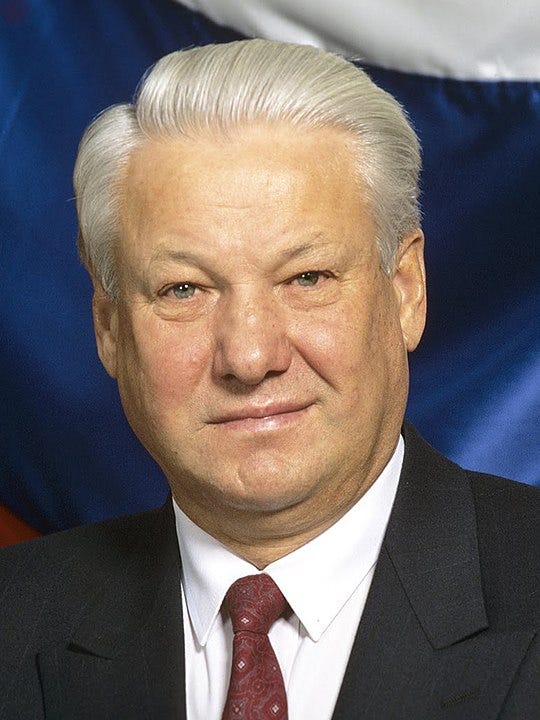
Official portrait of Boris Yeltsin (Борис Николаевич Ельцин).
Notable Births and Deaths
Nikola Tesla, the visionary inventor and electrical engineer, passed away on July 10, 1943. Tesla’s groundbreaking work in the development of alternating current (AC) power systems and numerous other innovations have left a lasting impact on modern technology and engineering. Tesla was known for his impressive memory and often claimed to have envisioned complete inventions in his mind before constructing them.
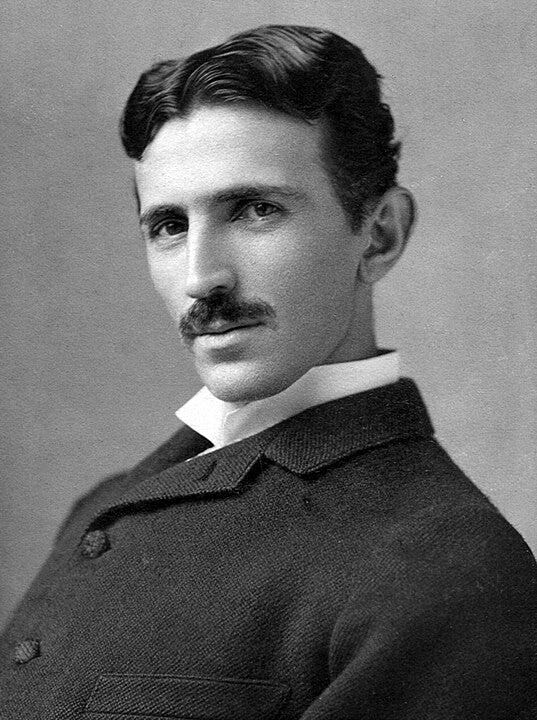
A photograph image of Nikola Tesla (1856–1943) at age 34.
Marcel Proust, born on July 10, 1871, was a renowned French novelist best known for his work “In Search of Lost Time” (À la recherche du temps perdu). Proust’s intricate narrative and profound exploration of memory and time have made his work a cornerstone of modern literature. Proust’s manuscripts for “In Search of Lost Time” totaled over 3,200 pages, making it one of the longest novels ever written.

Photo de Marcel Proust par Otto Wegener (1849–1924). Sur carton du photographe, dimensions 14,2 x 10,2 cm. De la série de plusieurs poses en 1895, le bas du carton n’est pas reproduit. Collection privée,
Arthur Ashe, born on July 10, 1943, was an American professional tennis player and social activist. Ashe was the first African American male to win the US Open, the Australian Open, and Wimbledon. Beyond his sports achievements, Ashe was an influential advocate for civil rights and HIV/AIDS awareness. Besides his tennis career, Ashe was deeply committed to social causes, and in 1985, he was arrested during an anti-apartheid protest in Washington, D.C.

American tennis player Arthur Ashe at the 1975 World Tennis Tournament in Rotterdam.
Camille Pissarro, who passed away on July 10, 1903, was a Danish-French Impressionist and Neo-Impressionist painter. His work significantly influenced the Impressionist movement, and he is celebrated for his contributions to modern art.
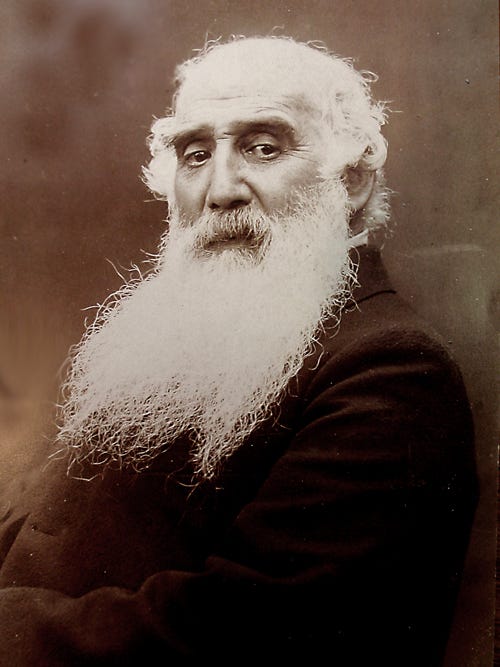
French painter Camille Pissarro.
Did You Know?
Wyoming Grants Women the Right to Vote (1890): On July 10, 1890, Wyoming became the first U.S. state to grant women the right to vote, setting a precedent for women’s suffrage in the United States.
The Battle of Britain Begins (1940): The Battle of Britain, a significant campaign during World War II, began on July 10, 1940. This air battle was crucial for the defense of the United Kingdom against Nazi Germany.
The Signing of the Treaty of Axim (1642): On July 10, 1642, the Dutch signed a treaty with the indigenous people of Axim, now in modern-day Ghana. This treaty marked the beginning of Dutch influence in the region.
The Birth of Juan Manuel Fangio (1911): On July 10, 1911, Juan Manuel Fangio, an Argentine racing driver who dominated the first decade of Formula One racing, was born. He won five World Championships, a record that stood for 46 years.
The Sinking of the French Battleship Bretagne (1940): On July 10, 1940, during the British attack on the French fleet at Mers-el-Kébir, the battleship Bretagne was sunk, resulting in the loss of over 1,000 French sailors.
Thank you for reading todays edition of “TDIH — This Day In History”
Check out my Medium page for more articles!
